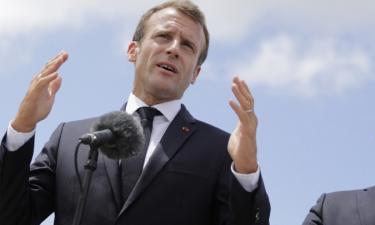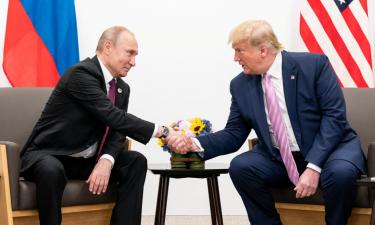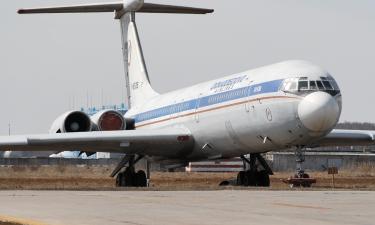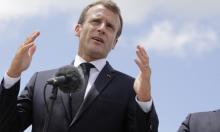Russian Foreign Minister in the Gulf: Moscow strengthens ties with wealthiest monarchies
Russia has been strengthening its ties with richest monarchies of the Arabian Peninsula. The three-day visit of Russian Foreign Minister Sergei Lavrov to the Gulf countries, which ended on Wednesday, August 30, was a clear signal to Washington: Moscow intends to weaken the influence of the United States on a number of countries in the Middle East.
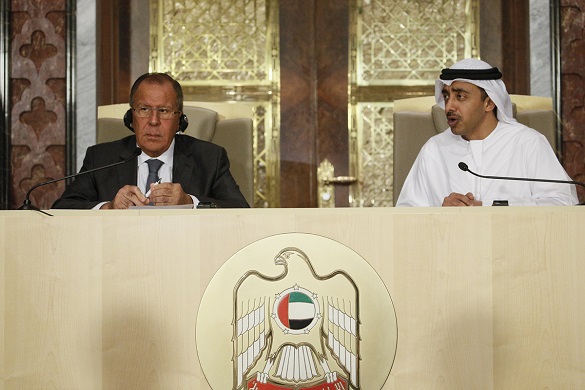
Sergei Lavrov's talks in Kuwait, the UAE and Qatar embraced a wide range of issues, from cooperation on regional security issues to production and export of oil and gas.
On Wednesday, Mr. Lavrov said in Doha at a joint conference with his Qatari counterpart, Muhammad bin Abdurrahman Al-Thani: "We have reaffirmed our mutual interest in continuing our coordination in the energy sector, in oil production and in the forum of gas exporters."
The statement showed that Russia intends to deepen energy cooperation with Qatar - the country that holds enormous natural gas deposits and takes leading positions in the export of liquefied gas to the world market.
As for the quarrel between Qatar and five Arab other countries, Moscow is ready to play the role of a mediator in settling this dispute, but Russia will not force the reconciliation process. "We did not make new proposals to resolve the crisis around Qatar," Sergei Lavrov admitted at the final press conference.
Thus, the Foreign Minister of the Russian Federation made it clear: Moscow does not intend to show excessive activity in reconciling Arab monarchs with the emir of Qatar, Tamim bin Hamad al-Thani.
In Doha, Sergei Lavrov held talks behind closed doors with the emir of Qatar. Most likely, the parties agreed on strategic partnership between the two countries.
Interests of Moscow and Doha coincide in many directions. In particular, the two countries view Iran as a partner for ensuring stability in the Middle East.
The talks between the head of the Russian foreign ministry and the leaders of Kuwait and the UAE were also successful. On Monday, Sergei Lavrov and Kuwaiti emir Sabah al-Ahmad al-Jaber al-Sabah discussed possibilities of cooperation between the two countries in various fields.
"Moscow is ready to assist Kuwait in settling the Qatari crisis," Lavrov said. He also noted that Russia has established partnership relations with Kuwait: the two countries actively cooperate in the energy sector. The commodity turnover steadily grows and has reached the level of 500 million dollars a year.
On Tuesday, Sergei Lavrov visited the UAE. This country intends to raise relations with Russia to the level of a strategic trade and economic partner. However, there is one problem here: the long-standing territorial dispute between the UAE and Iran stipulates Moscow needs to be as cautions as possible because Tehran is Russia's strategic military-political ally in the Middle East. Moscow needs to balance between Iran and the UAE, maintaining an equally friendly relationship with both conflicting countries.
Summarising Sergei Lavrov's three-day tour of the Gulf, many experts conclude: Moscow intends to further deepen its political and energy cooperation with richest monarchies of the Arabian Peninsula.
Aydin Mehdiyev
Pravda.Ru
Read article on the Russian version of Pravda.Ru
Subscribe to Pravda.Ru Telegram channel, Facebook, RSS!
